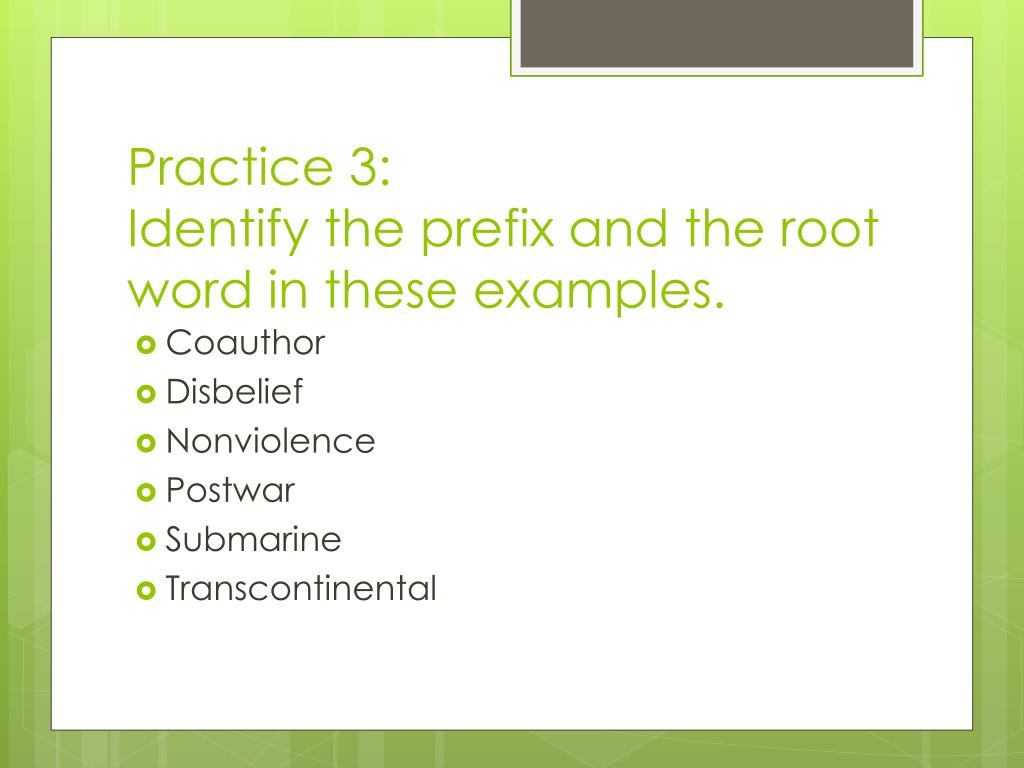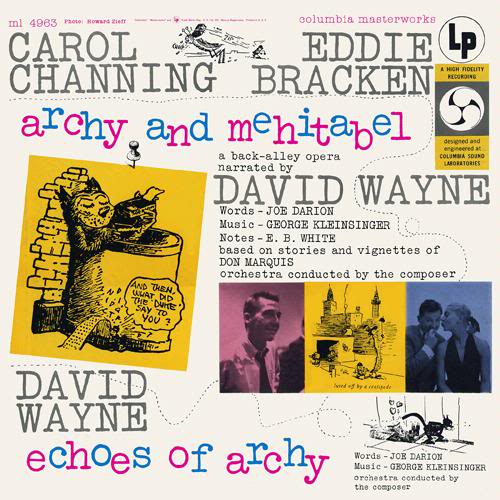

The men became warriors, and warrior chieftains began to dominate tribal leadership. Tribal societies needed stronger leadership to defend themselves, retain access to grazing land, and develop the ability to raid villages and cities. (In Freudian theory) a hypothetical patriarchal unit of prehistoric human social organization.Īlso, chiefdom is somewhat used in this sense in the history for the tribal societies which are ruled by warrior chieftains: In anthropology and in Freudian theory, the ancient tribes which were ruled by strongest males are called primal horde and this kind of ruling has the early senses of patriarchy. It was necessary to impose rules with the increasing populations and needs.

People needed to be ruled by something more than physical power. Archy itself is a command line executable and is available for Linux, macOS and. These flows can be checked in, checked out, published or updated in a Genesys Cloud organization.

The rise of agriculture began to change that mindset. Archy is a Genesys Cloud Architect YAML ( 'YAML Aint Markup Language' ) processor that lets you create Architect flows from YAML files that you write. In ancient times, when people were hunters and gatherers, tribes were small and ruled by the strongest male. Throughout the history, changing social structures and cultural evolution created specific forms of leaderships which turned into governments. The strongest man in some form or other will always rule. Is there a proper word for this form of rule? If not, what would be an appropriate word to invent, in line with the current convention? 'Might' or 'Strength' may be more appropriate, but that would be something like dynamis -> 'Dynamocracy', which also sounds silly. The Greek word for power is kratos, but 'Kratocracy' seems like a ludicrous word ("power power"). The only existing word that is close to what I want is 'Stratocracy' (from στρατός, stratos, 'army'), which is rule by the military, but that seems like a different concept. The usual words for forms of government are derived from Greek words suffixed with -archy (ἄρχω, árkhō, "to rule") or -cracy (κρατέω, krateo, "to have power over"), as in: They help to add voice to your writing.I'm doing some research for a story and I'm trying to find the correct word for a form of government where the best fighter or the strongest person leads the rest. Interjections can really liven up a sentence. Such examples are Wow!, Ouch!, Hurray!, and Oh no!.

Interjection - An interjection is a word that shows strong emotion. Homographs - Homographs are words that may or may not sound alike but have the same spelling but a different meaning.Ĭomplex Sentence - A complex sentence is an independent clause joined by one or more dependent clauses. Homophones - Homophones are words that sound alike but they have different meanings and different spellings. Some examples are in, out, under, over, after, out, into, up, down, for, and between. Preposition - A preposition is a word that shows position or, direction. Some examples conjunctions are: and, but, or, nor, although, yet, so, either, and also. It tells what kind, how many, or which one.Ĭonjunction - A conjunction is a word that joins words or word groups together. It may stand for a person, place, thing, or idea.Īdjective - An adjective is a word that describes a noun or pronoun. Proper Noun - The pronoun is a word used in place of one or more nouns. Nouns are the subject of a sentence.Ĭommon Noun - A noun that does not name a specific person, place or thing. Noun - A noun is a person, place, thing, or idea. They tell how much, how often, when and where something is done. Verb - A verb is a word that expresses an action or a state of being.Īdverb - An adverb describes how the action is performed.


 0 kommentar(er)
0 kommentar(er)
